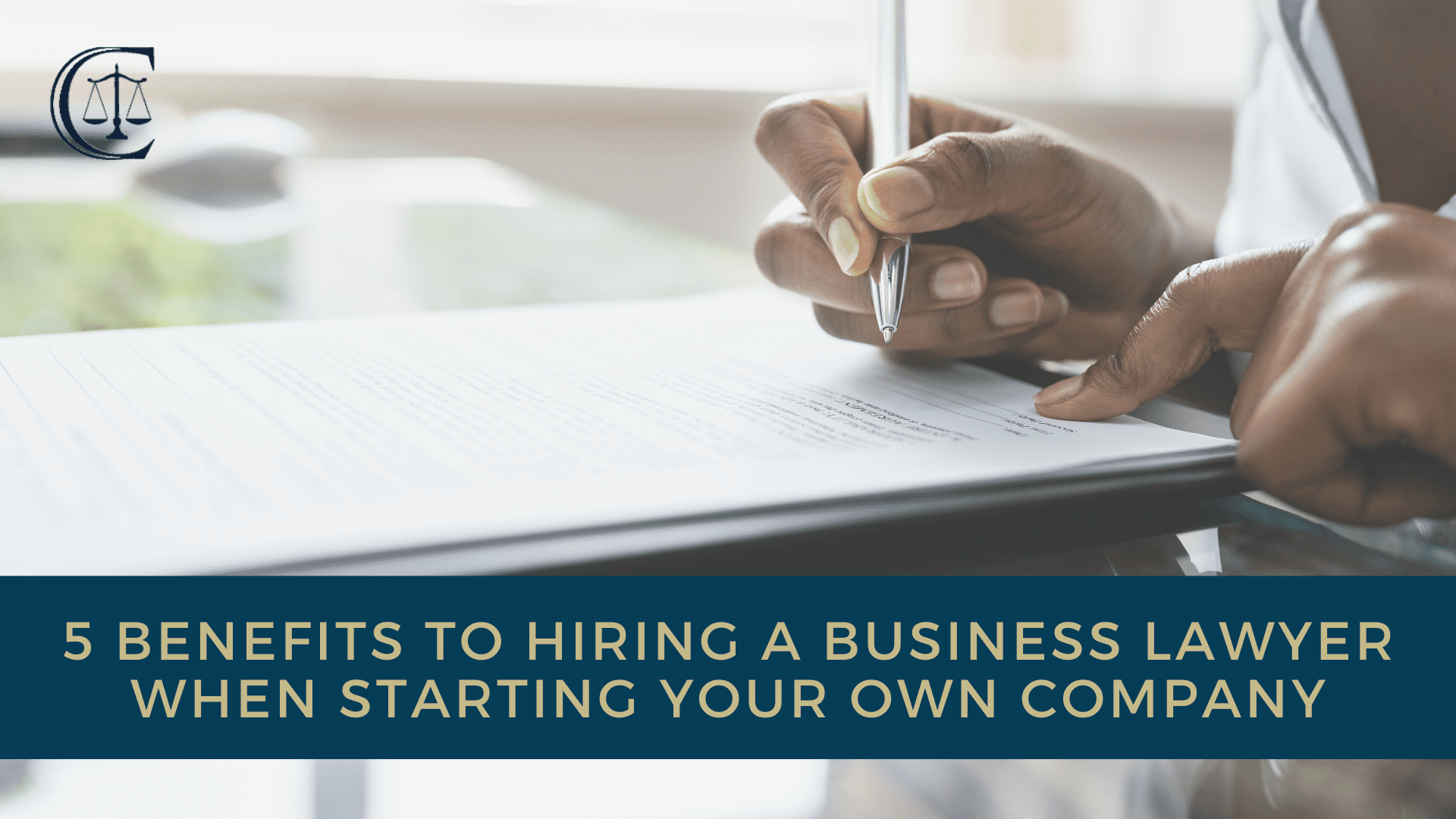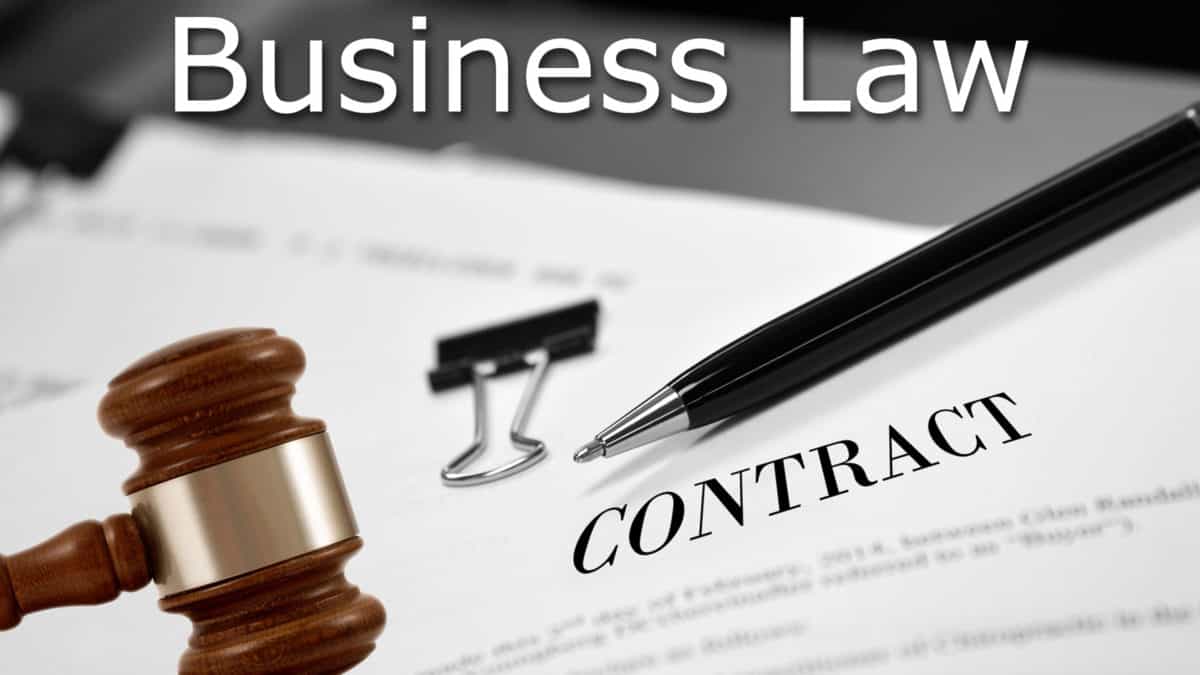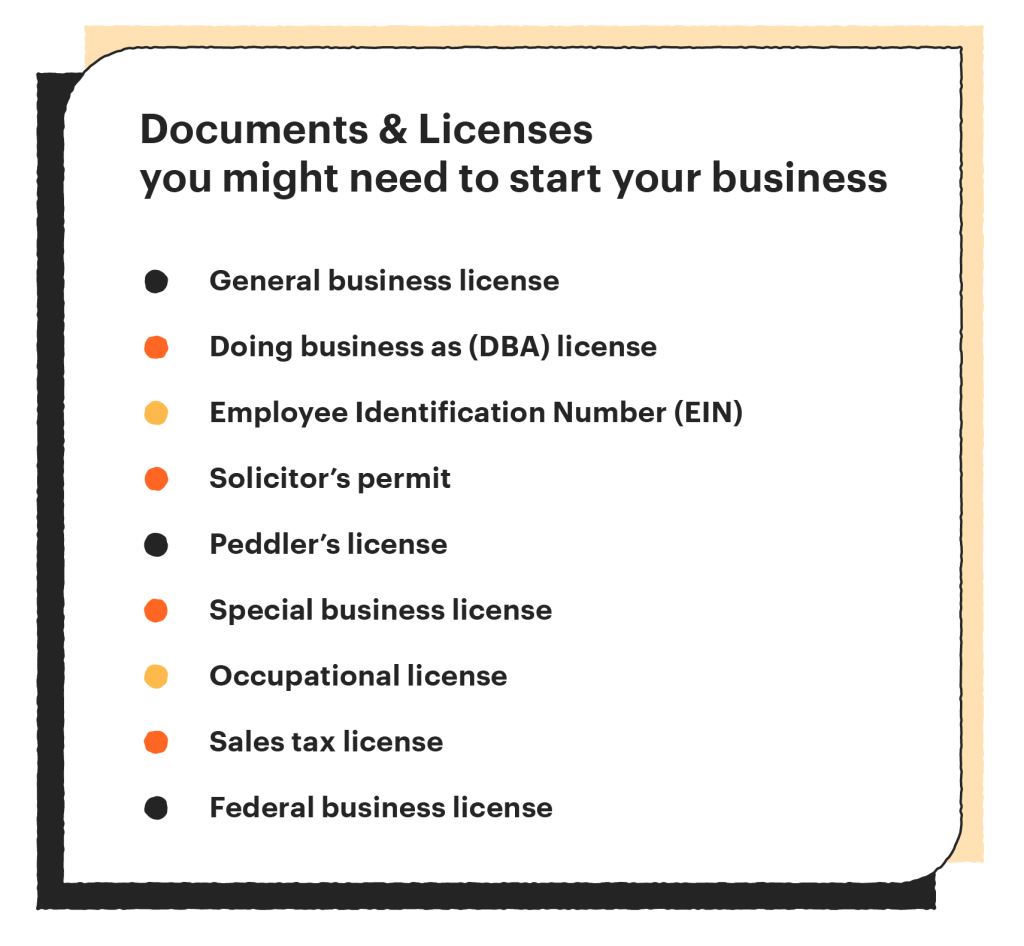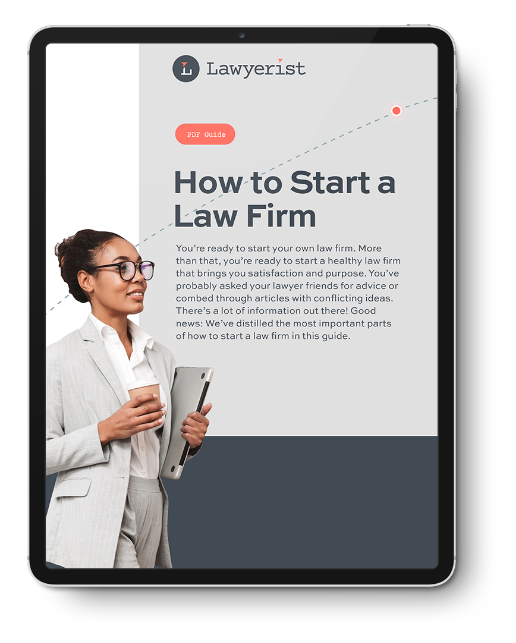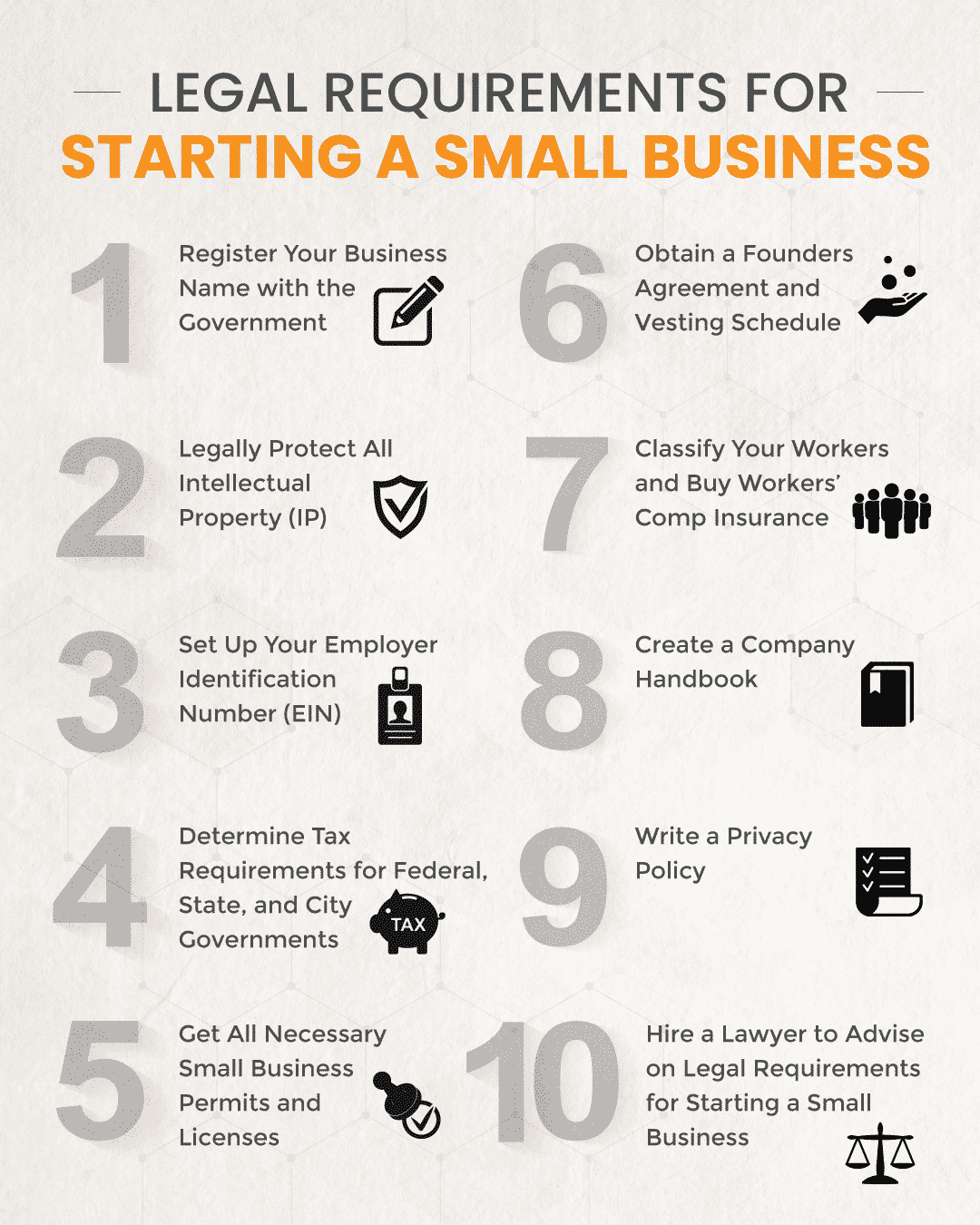Do I Need A Lawyer To Start A Business
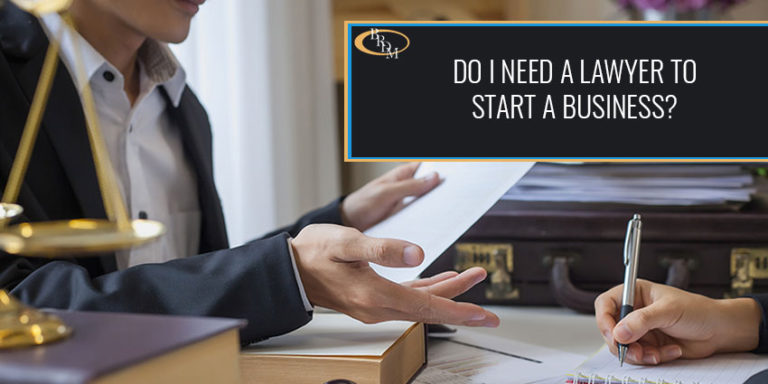
Embarking on the entrepreneurial journey is an exciting prospect, filled with the promise of innovation and independence. However, navigating the complex legal landscape of business formation can quickly become daunting. The question on many aspiring business owners' minds is: do I really need a lawyer to start a business?
At its core, the decision to hire legal counsel when launching a business hinges on several factors, including the complexity of the business structure, the industry, and the entrepreneur's existing legal knowledge. This article explores the circumstances where legal assistance is advisable, and when it might be possible to proceed independently.
Understanding the Legal Landscape
The process of starting a business involves several key legal considerations. These include selecting a business structure (sole proprietorship, partnership, LLC, corporation), registering the business name, obtaining necessary licenses and permits, and understanding relevant federal, state, and local regulations.
Choosing the right business structure is crucial. Each structure has different implications for liability, taxation, and administrative burden.
According to the Small Business Administration (SBA), the choice of business structure significantly impacts the owner's personal liability for business debts and lawsuits.
When a Lawyer is Recommended
There are specific situations where the expertise of a lawyer is highly recommended. These typically involve complex legal or financial scenarios.
If you're forming a corporation or a complex partnership, a lawyer can help you draft articles of incorporation, partnership agreements, and shareholder agreements. These documents outline the rights and responsibilities of all parties involved and can prevent future disputes.
Another critical area is intellectual property. If your business involves patents, trademarks, or copyrights, a lawyer specializing in intellectual property law can guide you through the protection process. They can also help you avoid infringing on the intellectual property rights of others.
Industries with heavy regulation, such as healthcare, finance, and environmental services, require strict compliance. A lawyer familiar with the specific regulations in your industry can ensure you meet all legal requirements and avoid costly penalties.
Contract law is another area where legal expertise is invaluable. A lawyer can help you draft, review, and negotiate contracts with suppliers, customers, and employees, ensuring that your interests are protected.
When You Might Not Need a Lawyer (Initially)
While legal guidance is often beneficial, some entrepreneurs may be able to start their business without immediately hiring a lawyer. This is often the case for simple business structures like sole proprietorships or single-member LLCs operating in less regulated industries.
Many online resources and templates are available for basic legal documents. Websites like Nolo and the SBA offer guides and resources to help entrepreneurs navigate basic legal tasks.
However, it's crucial to remember that these resources are not substitutes for personalized legal advice. If you're unsure about any aspect of the legal process, seeking professional help is always recommended.
The Cost-Benefit Analysis
The decision to hire a lawyer often comes down to a cost-benefit analysis. While legal fees can be significant, they can also prevent costly mistakes and future litigation.
Consider the potential costs of non-compliance, intellectual property disputes, or poorly drafted contracts. Weigh these against the cost of hiring a lawyer to ensure that your business is legally sound from the start.
According to a recent survey by the American Bar Association, small businesses that seek legal counsel early in their development are less likely to face legal challenges later on.
A Human Perspective
Sarah Miller, founder of a small online retail business, initially opted to handle the legal aspects of her startup herself. "I thought I could save money by using online templates," she explained.
However, after facing a copyright infringement claim, she realized the value of professional legal advice. "I ended up spending far more on legal fees to resolve the dispute than I would have if I had hired a lawyer from the beginning." Her experience serves as a cautionary tale for entrepreneurs considering the DIY approach.
Key Takeaways
Seek legal counsel when dealing with complex business structures, heavily regulated industries, intellectual property, or intricate contracts.
Consider self-help resources for simple business structures and basic legal tasks, but understand their limitations.
Weigh the costs of legal fees against the potential risks of non-compliance or future legal disputes.
Ultimately, the decision of whether or not to hire a lawyer to start a business is a personal one. However, understanding the legal landscape and carefully assessing your needs can help you make an informed choice that sets your business up for success.

